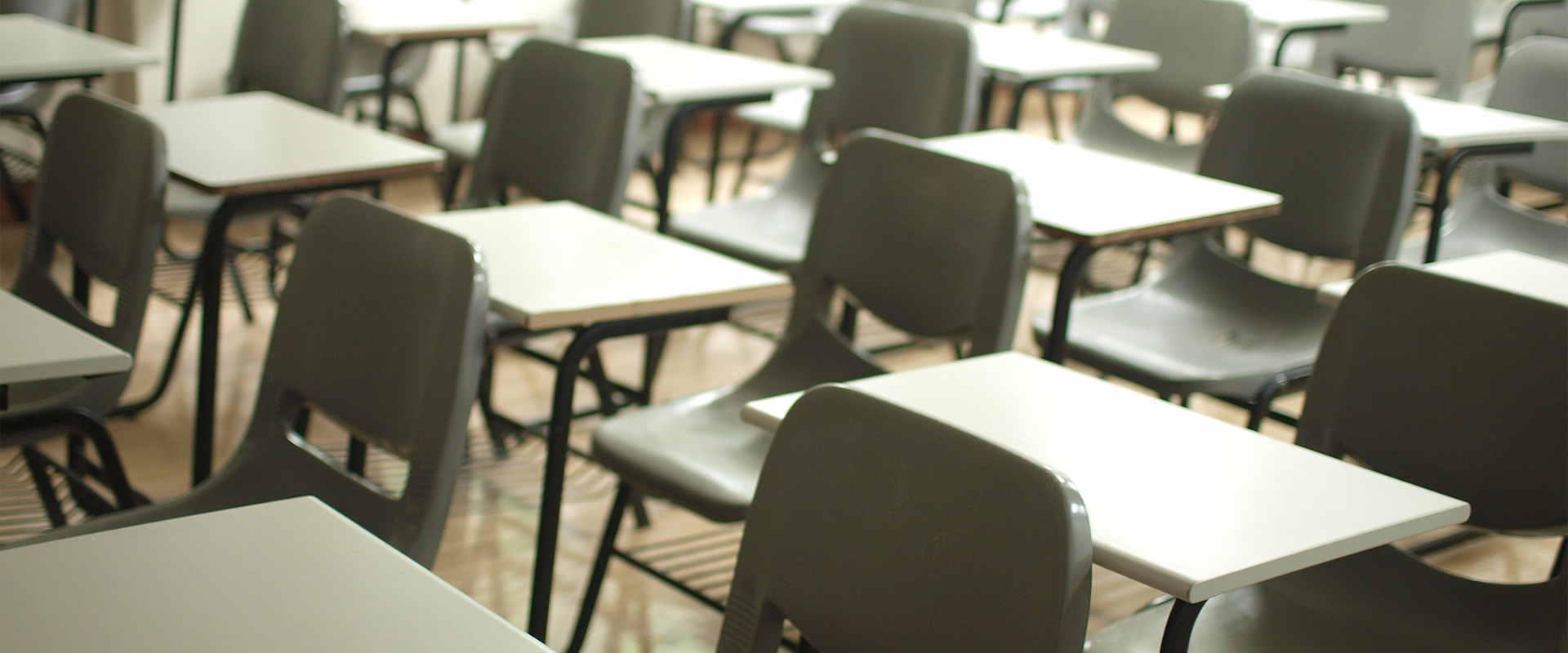Dialectical Behavior Therapy (DBT) has proven to be a powerful tool in helping individuals manage their emotions, cope with stress, and build healthier relationships. Recognizing the positive impact, it can have on students’ emotional well-being and academic performance, educational institutions are increasingly integrating DBT skills in school curricula. By equipping students with these essential skills, schools aim to foster emotional intelligence, resilience, and social competence, enabling students to navigate challenges effectively. In this article, we explore the various types of DBT skills for teens implemented in schools and their significance in supporting students’ growth and success.
Mindfulness Skills
Mindfulness is a fundamental aspect of DBT, and its incorporation in school settings can be transformative for students. Mindfulness skills help students stay present in the moment, develop self-awareness, and regulate their emotions. Techniques such as deep breathing exercises, body scans, and guided meditations are introduced to help students anchor their attention to the present, reduce stress, and improve focus. By cultivating mindfulness, students can develop emotional resilience and cope better with academic and personal stressors.
Emotional Regulation Skills
Emotional regulation skills are essential for students to manage their emotions effectively. These skills teach students to identify and label their emotions, understand their triggers, and respond to emotional experiences in a healthy manner. By learning to regulate their emotions, students can avoid impulsive reactions, make thoughtful decisions, and maintain a positive learning environment. DBT provides students with tools like emotion tracking, opposite action, and self-soothing strategies to help them navigate through challenging emotions constructively.
Distress Tolerance Skills
Life can present students with overwhelming situations, and learning distress tolerance skills empowers them to cope with such challenges. DBT teaches students how to tolerate distressing emotions and situations without resorting to harmful behaviors. By understanding that distress is temporary and exploring healthy coping mechanisms, students can avoid impulsive actions that might have adverse consequences. Distress tolerance skills foster resilience and teach students that they have the strength to endure challenging times.
Interpersonal Effectiveness Skills
Developing healthy relationships is crucial for students’ social and emotional development. Interpersonal effectiveness skills focus on teaching students’ effective communication, assertiveness, and setting boundaries. These skills help students navigate conflicts, build empathy, and foster a sense of community within the school environment. By learning how to express themselves assertively and respect the boundaries of others, students can build meaningful and supportive relationships with peers and educators.
Problem-Solving Skills
Problem-solving skills are vital for academic success and personal growth. DBT equips students with strategies to identify problems, analyse potential solutions, and make informed decisions. These skills enhance critical thinking abilities and empower students to approach challenges with a solution-oriented mindset. By encouraging students to tackle problems systematically, schools instil a sense of self-efficacy and autonomy, fostering a positive attitude towards learning and life’s challenges.
Distraction and Self-Soothing Skills
Incorporating distraction and self-soothing skills in school settings helps students manage emotional distress effectively. Distraction techniques involve engaging in activities that divert attention away from negative thoughts or emotions. On the other hand, self-soothing skills involve practices that provide comfort and relaxation during difficult times. These skills promote emotional regulation and resilience, enabling students to cope with stress in healthy ways.

Integrating DBT skills in schools goes beyond academic achievements; it is an investment in students’ emotional well-being and long-term success. By providing students with mindfulness, emotional regulation, distress tolerance, interpersonal effectiveness, problem-solving, and self-soothing skills, schools empower them to navigate challenges and build a strong foundation for personal growth. As schools continue to recognize the importance of emotional intelligence and mental health, the incorporation of DBT skills paves the way for a supportive and nurturing educational environment that fosters both academic excellence and emotional well-being.



